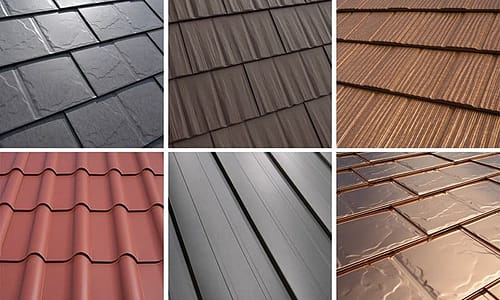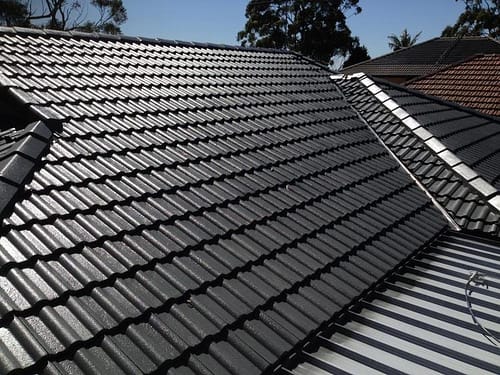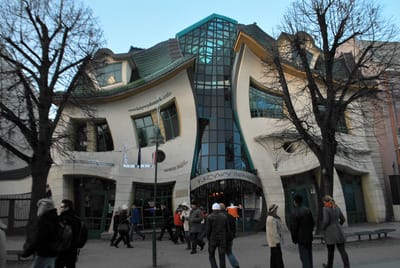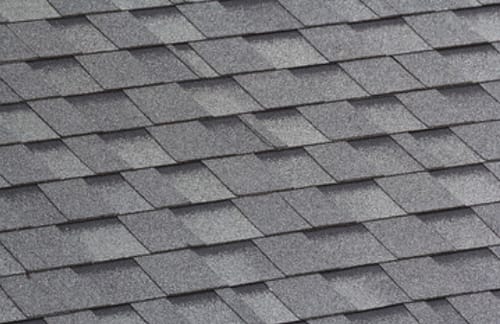Metal roofing tile consists of two parts. The first part is a sheet made of galvanized steel. And the second part is a polymer coating, which also has protective properties. The coating can be polyester, acrylic, PVF2 or plastisol. Each manufacturer prefers to use their own type of coating and the required number of layers.
The metal tile can be called a universal roofing material because it can be used under various climatic conditions and can be laid on any surface. The only condition for installation is the angle of the roof, which must be at least 15 degrees.
Pros of metal roofing:
Fair Durability: The guaranteed service life of the metal tile is 30-50 years since zinc-coated steel is used as the basis for the building material. So the roof structure acquires increased strength, as well as corrosion resistance.
Color saturation: The ultraviolet radiation cannot change the color of the roof. So the roofs will retain their brightness for decades. The modern metal tiles are made using special additives so that they provide additional protection for the roof from external influences.
Resistance to external irritants: The metal tile is suitable for all climatic conditions because the moisture does not accumulate on its surface and moreover, it is not affected by ultraviolet radiation. The metal tile is also resistant to mechanical damage. And if any of its elements deteriorate, then they can be easily replaced with new ones.
Aesthetic appearance: The metal tiles are available in a variety of designs and colors. So they provide an aesthetic appearance that not only adds more value to your commercial roof but adds more value to your entire building as well.
Cons of metal roofing:
Fairly high thermal conductivity
This problem is found in most of the commercial buildings with attic floors. However, this problem can be easily solved.
You need to select the design of thermal insulation carefully and use a large layer of mineral wool. You must also inspect the joints of the thermal insulation regularly and maintain it, so that the formation of cold bridges are prevented. The recommended thickness of the mineral wool insulation is 15-20 cm. It has to be laid in 3-4 layers adjacent to each other in a checkerboard pattern.
Noisiness
Often, a metal tile becomes a source of significant noise especially during the rainy season. But this is mainly caused due to the improper installation and use of low-quality heat and vapor barrier materials.
The complexity of installation
The installation has to be done by experts. The durability and appearance of the metal tile largely depend on how well it is installed and also the quality of the building materials used. In addition to this, the correct installation of metal tile involves the use of high-quality precision tools.
Leakage
Screws are used to install and fix the metal roofs. If they are not tightened properly then the rainwater will sweep into the holes causing leakage on the roof. Resilient washes must be used to seal the screw heads. The metal roofs expand and contract depending on different seasons and cause a slight effect on your roofs. So the metal roofs need to be installed properly.




